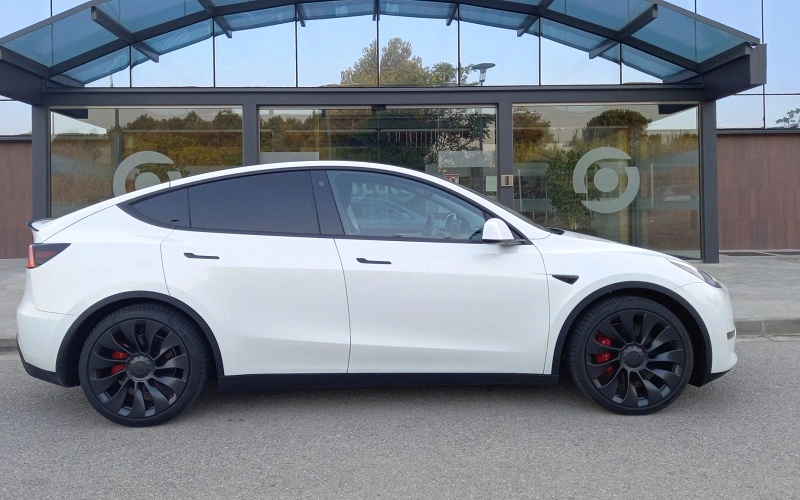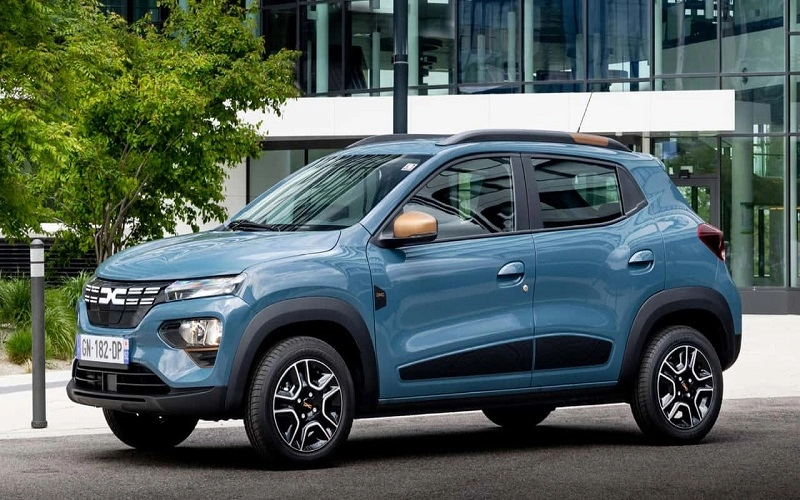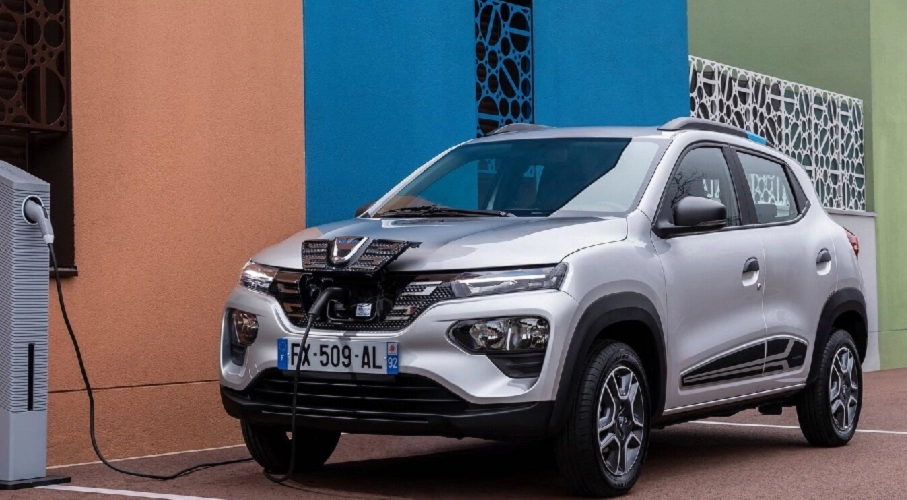When announcing the mechanism for allocating the eco-bonus, the French government aims to prioritize local and compact electric vehicles that reduce the carbon footprint.
The truth is that the transportation sector in France is the largest emitter of greenhouse gases. According to the government, as of 2021, this sector generated 138 million tons of CO2 equivalent.
In this regard, for a zero-emission model to be eligible for the eco-bonus, it must meet the carbon footprint criteria.
To be considered for eligibility, automakers must submit a dossier to the Agency for Ecological Transition (ADEME) to evaluate the required information.
The vehicles must score at least 60 out of 100 points, and the verdict will be known by mid-December of this year.
It’s worth mentioning that the eco-bonus will come into effect on the first day of 2024.
What requirements must an electric car meet to enjoy the bonus?
The points system for qualifying and benefiting from the eco-bonus will take into account the carbon footprint generated in the following processes:
- Production of steel, aluminum, and assembly materials.
- Battery production.
- Intermediate transformations during assembly.
- Transportation of goods (considering whether it is by ship, train, or truck).
The calculation will be more lenient for compact or urban models. This characteristic will be determined by having fewer than five seats and a range of less than 180 km.
This leniency is linked to the goal of popularizing electric cars and expanding the offering of less expensive vehicles.
In addition to these requirements, the units must meet the criteria of costing less than 47,000 euros and having a mass less than 2.4 tonnes.
Another of the government’s measures to prioritize local electric vehicles is social leasing.
The requirement for cars to be part of this scheme, which offers leasing at 100 euros, is that they must be compact and cost equal to or less than 25,000 euros.
The program has been postponed to next year due to the lack of such vehicles in the market, which created uncertainties.
Social leasing and the eco-bonus have two objectives: to promote the consumption of zero-emission cars produced in Europe and to accelerate decarbonization in transportation.
Furthermore, they aim to curb the growth of imports of units produced in China.
In fact, two models that have enjoyed great popularity in France come from the Asian giant: the Dacia Spring and the Tesla Model Y. The latter has already relocated its manufacturing to Germany.


Chinese-origin vehicles accounted for 8% of the market in 2022, and according to forecasts by the European Commission, their market share will double by 2025.
The “issue” faced by the entire region stems from the low prices of these vehicles, which are subsidized by the Chinese government.
Between 2015 and 2022, according to Ptolemus Consulting Group, the prices of Chinese electric vehicles decreased by 50%.
On the contrary, the prices of models produced in Europe increased by 17% during the same period.
“We are giving an advantage to French and European companies that are working to reduce their ecological footprint,” adds Agnès Pannier-Runacher, French Minister for the Energy Transition.
New ecological plan
In addition to the scoring system for accessing the eco-bonus, the government of Emmanuel Macron has announced the presentation of the Ecological Plan to various political sectors represented in parliament.
This plan sets new goals for the electrification of transportation.
Today, September 25th, a meeting would be held in which unions, associations, and industrial stakeholders would participate to discuss these objectives.
The government aims for 66% of new vehicles sold to be electric by 2030. It’s worth noting that in the previous Ecological Plan, this figure was set at 15%.
Furthermore, in accordance with the European Union’s regulations, by 2035, the percentage should reach 100%.
This plan, at first glance, maintains provisions for the expansion of the charging network, which has already exceeded expectations with over 105,000 public charging points.
It also includes the handling of eco-bonuses and social leasing for electric vehicles at 100 euros.







